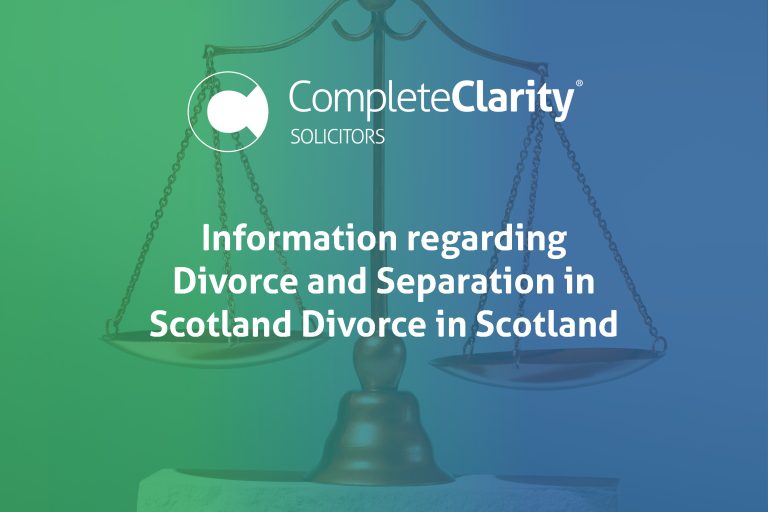It is true to remark that this is an uncertain period in which we find ourselves. After Prime Minister Liz Truss announced her resignation, the pound decreased in value relative to the dollar. The UK economy is in a bit of a bind right now due to a crisis in the cost of living and a dramatic increase in inflation.
On a more positive note, the constraints imposed by the coronavirus have long since been abolished, as have the restrictions on wedding guest participation. Now that they are engaged, a couple can start organizing their wedding so that their relatives and friends can attend. Normally, every last element of wedding planning is carefully considered, but perhaps this attention should also include creating a prenuptial agreement.
What is a prenuptial agreement?
A prenuptial agreement, often known as a prenup, is a contract signed by a couple before and with the intention of getting married. In order to provide peace of mind, it essentially entails negotiating a financial settlement on divorce before being married.
What happens if you divorce without a prenuptial agreement?
The law stipulates that if a couple divorces in Scotland without making an agreement, the net value of their marital property should be properly divided between them. In general, all of the assets owned by the couple as of the date of separation that they gained by their own labors and earnings while they were married will be regarded as matrimonial property.
If one party has inherited property or has received gifts from a third party, there is a significant exception to this rule. Unless there are exceptional circumstances that might allow for a deviation from equal sharing, the idea of fair sharing typically entails equal division.
When can pre-matrimonial assets be considered matrimonial property?
This may occur if premarital assets have been converted or used to purchase marital assets. This may prompt one party to assert that the value of the assets supplied with money from sources other than the marriage should be excluded from the matrimonial property and, as a result, not be subject to equitable distribution between the parties.
Negotiations concerning source of funds disputes can occasionally get extremely drawn out, especially when it is challenging to determine the asset’s pre-marriage value. There is no assurance that any money brought into the marriage would receive full credit in a source of funds argument because it is likewise discretionary.
In cases like the one above, a pre-nuptial agreement might be used to ensure clarity.
In most cases, the agreement will list the assets that each party possessed before the marriage and “ring-fence” such assets to prevent them from becoming part of the marital property. This will hold true whether or whether that asset is sold, invested in again, or changed in any other way.
The agreement may also specify how the parties’ property will be shared in the event of a divorce and may include clauses stipulating:
- the possession or transfer of the family’s residence,
- the payment of a capital contribution for the provision of a car, and
- the payment of school tuition.
What are the other benefits of a prenuptial agreement?
A prenuptial agreement is a helpful instrument to ensure that property is divided and financial provision occurs after separation in accordance with the couples’ objectives as well as to preserve assets possessed before marriage.
The contract can be written to take into account the unique circumstances of the couple. As a result, it offers security and assurance about how finances will be managed in the event of a divorce.
Who would reap the benefits of having a prenuptial?
A pre-nuptial agreement is a good idea if one party anticipates receiving money during the marriage. As previously stated, inherited money will be deemed matrimonial property if it is invested or otherwise altered during the marriage. In order to prevent those assets from becoming part of the matrimonial property, the pre-nuptial agreement might be utilized to ring fence them. As opposed to presenting a source of cash defense upon separation, this will be a lot faster, more reliable, and more economical choice.
If one of the prospective couples already possesses sizable assets, a pre-nuptial agreement might be advantageous. One party might wish to make sure that the property they intend to leave to their children is protected if they have children from a prior marriage. Advice on estate planning would also make sense in that situation.
A pre-nuptial agreement may be useful to shield a business from a claim made by a spouse upon separation since businesses started during a marriage will be considered matrimonial property. If the company has other business partners, this may be especially crucial because it will make it clear that the company is protected from the consequences of a relationship ending. A pre-nuptial agreement can also ring fence a business that, despite being started before the marriage, may become marital property if there is a significant change (such as incorporation) made while the couple is married.
What if you’ve already got a spouse?
You could sign a post-nuptial agreement if you are already married and decide that you would like to ring fence specific assets or control your money in the event of separation.
What exactly is a post-nuptial contract?
This is a binding contract entered into by already-married people.
It functions and is handled in the same way as a pre-nuptial agreement; it specifies what property is excluded from marital property and how property will be handled after a divorce.
Our knowledgeable team of family law professionals will be pleased to assist you if you have any queries regarding creating an agreement.
Our knowledgeable team of family law professionals will be pleased to assist you if you have any queries regarding creating an agreement.
- Exploring Shared Child Custody in Scotland: Is a Father Entitled to 50/50 Custody?- Child Arrangements
- At what age can a child choose which parent to live with in Scotland?
- What is a c100 form family law Scotland – Solicitor
- Prioritising the Welfare of Children Scotland solicitor
- Prenuptial agreements are essential for safeguarding your assets during a divorce in Scotland
- What to expect during the initial phase of the divorce process Inspiration to rewrite Solicitor Scotland
- A child’s right to residence and contact – Child Law Solicitor
- Everything you need to know about surrogacy arrangements in Scotland
- Can a parent leave everything to one child in Scotland? understanding Scottish inheritance laws
- Demystifying divorce and dissolution Solicitor Scotland










